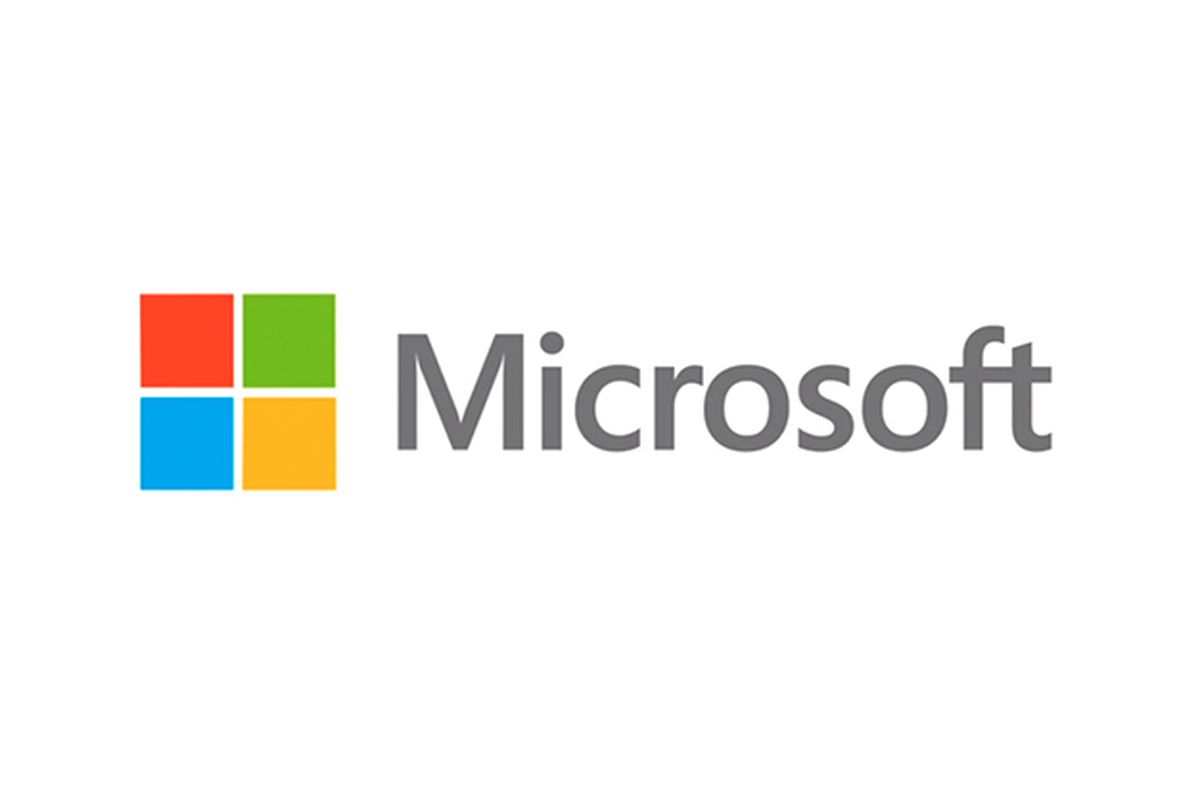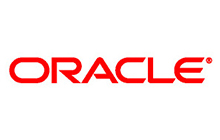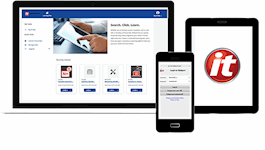Full Stack Developer Java
SAVE on Tuition fees | 24/7 Access | LABS | e-Books | Support | Free Exam Preps | 12 months | Certificate.
IT Academy
Summary
- Exam(s) / assessment(s) not included in price, and must be purchased separately
- Tutor is available to students
Overview
Invest in your future. Register today for the Full Stack Developer Java (Front-end and Back-end) course through IT Academy. The Full Stack Developer: Java course covers MTA Fundamentals, HTML5, CSS3, JavaScript, AngularJS, MySQL, Java Spring, Java Spring Cloud and Java courses.
Access your Cloud-Based Learning on a Computer, Laptop, Tablet or Smartphone. Courses are designed in video with audio, printable, includes One-on-One Mentoring for Certification exams, Free Virtual-LABS with feedback and exam preps.
Learners are assessed after each module, all assessments can be retaken at no additional cost.
Courses include:
- One-on-One Mentoring (Certification exams)
- Free Virtual Labs
- 24/7 Access
- Tablet/Smartphone Compatible
- 100% Pass Rate
- Course Mastery Certificate
- 12 Months Subscription
- Free Exam Preps
- Discounted Microsoft exam vouchers
- Student Support
- Printable
Course media
Description
FULL STACK DEVELOPER: JAVA COURSE INCLUDES:
- MTA 98-361: Software Development Fundamentals
Programming Fundamentals
Programming Techniques
Object-oriented Programming Fundamentals
- FSD: Software Programmer
FSD Getting Started: Introduction to Full Stack Development
FSD Software Testing: Full Stack Developer Software Testing
FSD Programming Languages Primer: FSD Front-end Primer
- 70-480: Programming in HTML5 with JavaScript and CSS3
Introduction to HTML5 and CSS
Styling HTML5 and JavaScript
Advanced HTML5 and JavaScript
HTML5 APIs & Local Data Storage
Advanced HTML5 & CSS3
Adaptive AI, Graphics, and Animation
Data Flow, Consuming, and Transmitting Data
Communicating with WebSockets and Asynchronous Processing
Advanced Input Validation
Advanced CSS
- FSD: Front-end Stack Developer
FSD Front-end Development: Features of HTML5 & CSS3
FSD Front-end Development: Advanced CSS Browser Features
FSD Front-End Development: Using JavaScript Functions
FSD Front-End Development: Writing Code with jQuery
FSD Front-End Development: Frameworks
FSD Front-End Development: UI Development with ReactJS
FSD Front-end Development: Server Tools
FSD Front-end Development: Build Tools
FSD Front-end Development: Testing Tools
- JavaScript Single Page Apps
JavaScript SPA: Getting Started with SPA in Visual Studio 2013
JavaScript SPA: SPA Views and Routes
JavaScript SPA: Durandal Modules and Lifecycle events
JavaScript SPA: Adding views and Handling View Navigation in Durandal
JavaScript SPA: Connecting to and Managing Data
JavaScript SPA: Working with Rich Application Data
JavaScript SPA: Managing Application Data
JavaScript SPA: Working with Validation
- AngularJS Fundamentals
Beginning AngularJS
Introduction to Directives
Controllers and Directives
Services and Routing
Testing AngularJS
Animation and Internationalization
- AngularJS 2.0
Creating a Basic Angular Application
Angular 2 Template Syntax, Directives, and Pipes
Creating and Maintaining Forms
Client-side Routing and Using HTTP
Using Animation and Supporting Mobile Devices
Testing Angular Apps
Angular Security and the Angular CLI
- Advanced AngularJS
Working with Data in AngularJS
AngularJS Security Considerations
AngularJS and TypeScript
AngularUI Companion Frameworks
AngularUI Utilities and Modules
- MTA: 98-364: Database Fundamentals
SQL Server Database Fundamentals: Design Principles and Data Manipulation
SQL Server Database Fundamentals: Creating, Optimizing, and Securing Databases
- MySQL
Introduction to SQL
Introduction to SQL: Managing Table Design
Introduction to SQL: Multiple Tables and Advanced Queries
Introduction to SQL: Views, Transactions, and SQL Security Architecture
- MySQL Database Development
MySQL Database Development: Introduction
MySQL Database Development: Database Design Fundamentals
MySQL Database Development: DDL Statements
MySQL Database Development: Manipulating Data
MySQL Database Development: SELECT Statement and Operators
MySQL Database Development: Working with Functions
MySQL Database Development: Stored Routines, Triggers, and the InnoDB memcached Plugin
MySQL Database Development: Query and Performance Optimization
MySQL Database Development: GIS, Cloud, and Connectors for MySQL
- FSD: Middle Tier & Black-End Developer
FSD Development: Java Spring Framework
RESTful Services for FSD: Building & Testing RESTful Services
CI/CD Pipelines: Full Stack Developer CI/CD
Full Stack End-to-End Testing
Data Infrastructure: Databases in FSD Development
- FSD: Data Full Stack Developer
MySQL in FSD Development
- Developing Applications Using Java Spring
Java Spring: Spring Application Basics
Java Spring: Annotation Configuration and Java Configuration in Spring
Java Spring: Creating Web Applications Using Spring MVC
Java Spring: Working with Data in Spring
Java Spring: Aspect-Oriented Programming Using Spring AOP
Java Spring: Adding Security Using the Spring Security Project
- Develop Microservices with Java and Spring Cloud
Introduction to Microservices
Managing Microservices and REST Architecture
SOAP and Development of Microservices
Securing Microservices
Advanced Microservices Architecture
Advanced Microservices Patterns
UI Patterns and Troubleshooting
- 1Z0-819: JAVA SE 11 DEVELOPER
Requirements
There are no prerequisites for the Full Stack Developer Java course.
Learners need a computer, laptop, tablet or smartphone and internet connection. Courses are designed in video with audio and coupled with one-on-one Mentoring.
Questions and answers
Currently there are no Q&As for this course. Be the first to ask a question.
Reviews
Currently there are no reviews for this course. Be the first to leave a review.
Legal information
This course is advertised on reed.co.uk by the Course Provider, whose terms and conditions apply. Purchases are made directly from the Course Provider, and as such, content and materials are supplied by the Course Provider directly. Reed is acting as agent and not reseller in relation to this course. Reed's only responsibility is to facilitate your payment for the course. It is your responsibility to review and agree to the Course Provider's terms and conditions and satisfy yourself as to the suitability of the course you intend to purchase. Reed will not have any responsibility for the content of the course and/or associated materials.






